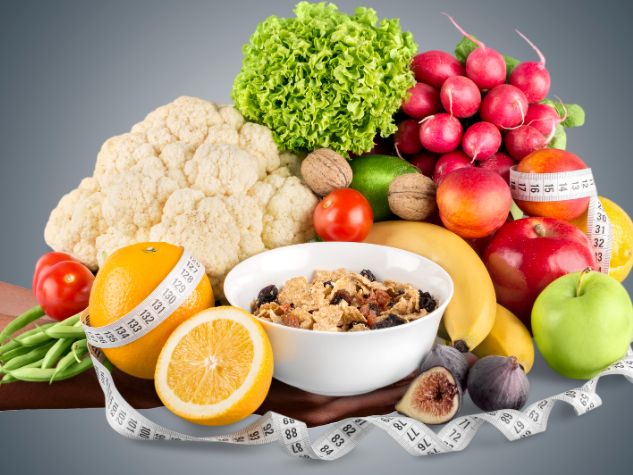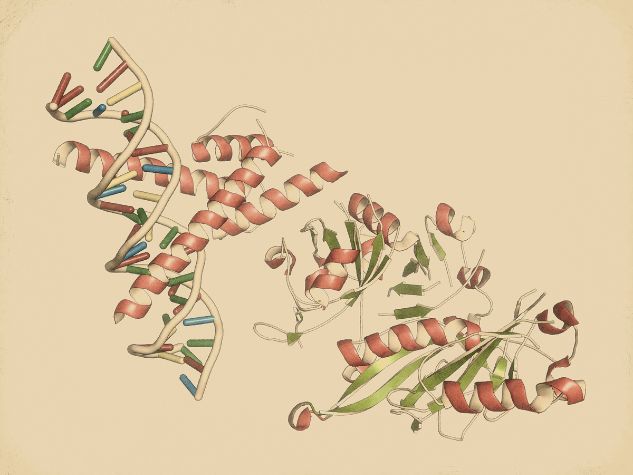A balanced and healthy diet is crucial for promoting well-being and quality of life in people with Down syndrome. While there are no strictly forbidden foods, there are certain products that are best consumed in moderation or avoided altogether due to their potential negative effects on health. It is important for caregivers, family members, and individuals with Down syndrome to be informed about these foods to make conscious and healthy dietary choices.
Here is a list of foods to avoid or limit in the diet of people with Down syndrome:
- Highly Refined Sugars: Processed foods high in added sugars, such as candies, cakes, cookies, and sodas, can contribute to weight gain, dental problems, and imbalances in blood sugar levels. Instead, it is recommended to opt for natural sources of sugar, such as fresh fruits.
- Trans and Saturated Fats: Trans and saturated fats, found in fried foods, processed pastries, processed foods, and fatty meats, can increase the risk of cardiovascular diseases and obesity. It is preferable to choose healthy fats, such as those found in fatty fish, avocados, and nuts.
- Excessive Salt: Excessive consumption of salty foods, such as salty snacks, fast food, and processed foods, can elevate blood pressure and increase the risk of cardiovascular diseases. It is important to control salt intake and opt for fresh foods and homemade preparations.
- Alcoholic Beverages: Alcohol can negatively affect health and cognitive development in people with Down syndrome. It is essential to avoid the consumption of alcoholic beverages and promote a healthy, alcohol-free lifestyle.
- Allergenic Foods: Some people with Down syndrome may have food allergies, so it is important to identify and avoid foods that may cause allergic reactions. It is recommended to consult with a healthcare professional or a nutritionist to determine individual dietary needs.
By educating about foods to avoid or limit in the diet of people with Down syndrome, we can help promote healthy eating habits and prevent potential long-term health complications. Remember that a balanced diet, combined with regular exercise and proper medical care, is key to the overall well-being of people with Down syndrome.
Do you have any questions or advice about nutrition in Down syndrome? Leave us your comments and let’s continue promoting health and well-being for all!
This post aims to provide useful and practical information about nutrition in Down syndrome, with the goal of promoting healthy eating habits and preventing potential health complications.
















